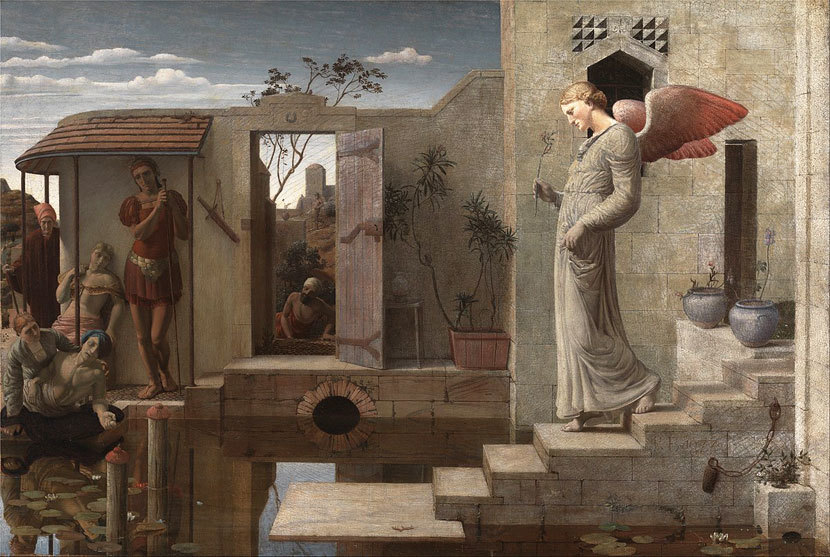Thornton Wilder (1897–1975)
From Thornton Wilder: Collected Plays & Writings on Theater

Thornton Wilder was born 121 years ago today, on April 17, 1897.
In 1928, at the age of 31, Wilder was suddenly (and unexpectedly) a best-selling author when his second novel, The Bridge of San Luis Rey, sold a quarter of a million copies in less than a year; it would win the Pulitzer Prize in May. Still, his publisher balked when the newly acclaimed novelist proposed his next book: a collection of “three-minute plays” he had been working on since he was a teenager. Wilder’s first Broadway play, Our Town, was still ten years in the future, so a book of playlets by a novelist, even a popular one, must have struck his editors as an unlikely follow-up.
Wilder ended up sending his latest book, The Angel That Troubled the Waters and Other Plays, to Coward-McCann, a new Manhattan publisher. The first printing quickly sold out; over 10,000 copies were ultimately sold (twice as many copies as Wilder’s well-received first novel, The Cabala); several of the playlets were reprinted in such magazines as Harper’s and Theatre Arts; and The New York Times Book Review critic praised the book, noting that in these short exercises, “the author of The Bridge of San Luis Rey offers more than is apparent at first glance.”
For our Story of the Week selection, we present the title play, which is also the last “three-minute play” Wilder wrote.
Read “The Angel That Troubled the Waters” by Thornton Wilder



